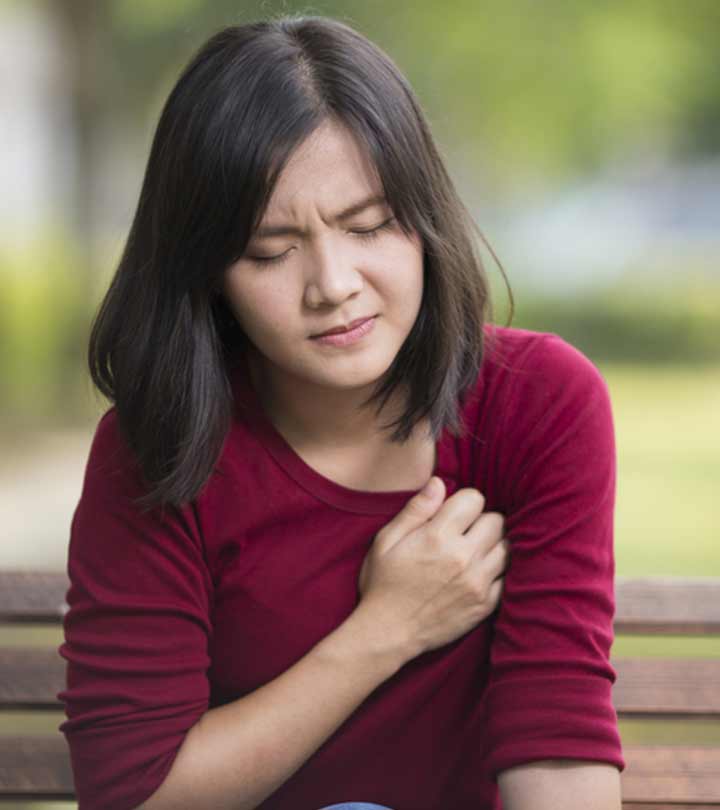Sudden cardiac arrest (SCA) refers to a situation wherein the heart suddenly stops beating. In this condition, the vital organs, like the brain, won’t receive any blood flow. As a result, one may perish within a couple of minutes. That’s why it’s vital to know the following things about SCA so that you can help someone who might be suffering from such:
-
Table of Contents
SCA Vs. Heart Attack
Myocardial infarction or heart attack is quite different from SCA. The former happens when the heart can’t receive enough blood rich in oxygen. This can happen when more than one of the coronary arteries are blocked. As a result, the heart becomes damaged since the blood can’t reach the heart’s muscles.
In the case of SCA, the blood flow to the vital organs becomes reduced, especially the brain. This will result in the person becoming unconscious because ventricular fibrillation occurs. Since the body doesn’t receive enough blood flow, the ventricles quiver or flutter, resulting in the heart beating irregularly or malfunctioning.
Without emergency medical intervention, SCA can result in immediate death.
-
Warning Signs
Before knowing what to do in case of such a condition, you must know the different warning signs that someone may experience. Here are the common signs and symptoms:
- No asthma, but one feels unusual fatigue or excessive shortness of breath during an exercise
- Feels discomfort or chest pain when exercising
- Experiences seizure immediately after or during an exercise
- Experiences fainting during or right after a workout, or when startled or excited
- Repeatedly faints even without valid reasons
- Lightheadedness or dizziness during physical activities
- Heart palpitations or racing heart rate
Aside from the signs above, you should also familiarize yourself with the following conditions that may exacerbate the risk of SCA:
- Use of drugs, such as club drugs, illegal inhalants, cocaine, etc.
- Acquired or genetic heart abnormalities or diseases, like cardiomyopathy, heart defects, heart rhythm disorders, or coronary artery disease
- Sudden unexplained infant death history or sudden deaths of family members who were under the age of 50
- Has a family member with unexplained recurrent seizures or fainting
-
Emergency Treatment
When you suspect that someone has a cardiac arrest, then here are the things you should do:
- Ensure the safety of the person, as well as their surroundings.
- Check the person’s response.
- Call for help. If possible, call 911 or any emergency hotline. Immediately tell them that someone may be suffering from a cardiac arrest. That way, they can bring an automated external defibrillator (AED), like the one created by Avive, which can help save the person.
- After calling an emergency hotline, start performing CPR compressions if they’re gasping or aren’t breathing. Do so by pushing down at least two inches at the middle of the chest. Try to perform compressions ranging from 100 to 120 pushes per minute for the frequency. Moreover, make sure that the chest returns to its normal position after each compression.
- When the emergency help has arrived, let the medical professionals take over.
-
Preventing A Cardiac Arrest
As mentioned, a sudden cardiac arrest can cause death within minutes. What’s worse is that some people who suffered from such a condition may be in the prime of their lives. With such, here are some tips and habits that can help you avoid SCA:
- Limit Drinking And Using Tobacco: When you regularly consume alcoholic drinks, chew tobacco, and smoke cigarettes, it’s more likely that the size of your heart muscle increases. In addition, such habits could elevate high blood pressure. What’s worse is that a cardiac arrest can occur more when high blood pressure increases while having an enlarged heart.
- Understand Your Family History: Knowing your family’s history regarding heart health is vital. Share it with your physician so that they can weigh if you can acquire such an illness, too. Moreover, knowing such will also help you become more concerned about your health.
- Decrease Stress Levels: Not only should you be physically healthy, but you should also be emotionally well. High emotional stress levels can increase the chances of having a cardiac arrest. It may be best to focus on relaxing and avoiding stressful situations. If need be, conduct regular calming exercises, such as yoga, to relieve your stress.
Conclusion
There may be instances where habits and history could trigger a sudden cardiac arrest. Understanding what SCA is will help you understand its nature, its causes, the warning signs, as well as emergency treatment. And, when you experience such a situation, you can help yourself or other people.











